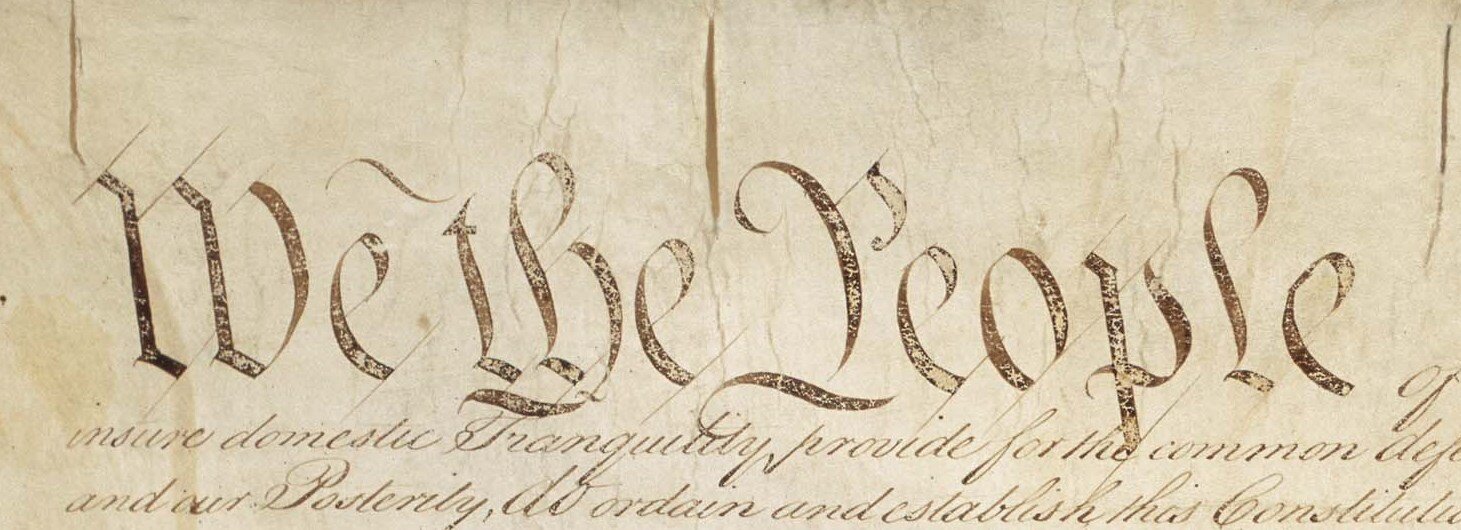The Constitution
The U.S. federal government derives its power from the Constitution. The federal government cannot take any action unless the Constitution explicitly provides for it.
The Constitutional provisions below provide the powers necessary for Congress to pass laws related to environmental regulation. The Constitution also provides the President with the authority to execute the country's laws.
Scroll down to see the Constitutional provisions that provide the United States government the power to pass environmental laws.
Article I
Section 1. Legislative Power Vested
"Section 1. All legislative powers herein granted shall be vested in a Congress of the United States, which shall consist of a Senate and House of Representatives ."
Article I, Section 1 of the United States Constitution, quoted above, established the Congress of the United States. Congress is the branch of the United States government responsible for passing laws. In the 20th Century, the U.S. Congress passed federal laws to protect the country’s environmental resources and natural habitats.
Click here to see the full text of Article I.
Article I
Section 8. The Commerce Clause
"Section 8.
The Congress shall have power to... regulate commerce with foreign nations, and among the several states, and with the Indian tribes; "
The passage of Article 1, Section 8 quoted above is referred to as "the Commerce Clause." The Commerce Clause empowered the U.S. Congress to pass environmental laws, as long as the laws were necessary to regulate activities that impact "commerce... among the several states."
In the 1970s, the U.S. Congress passed the Clean Air Act and the Clean Water Act after determining that air and water conditions impact commerce between the states. Because these federal laws were deemed constitutional, no state laws may contradict them.
Click here to see the full text of Article I.
Article II
EXECUTIVE
"Section 1. The executive power shall be vested in a President of the United States of America .
...
Section 3. He shall from time to time give to the Congress information of the state of the union, ...he shall take care that the laws be faithfully executed, and shall commission all the officers of the United States ."
Click here to see the full text of Article II.
